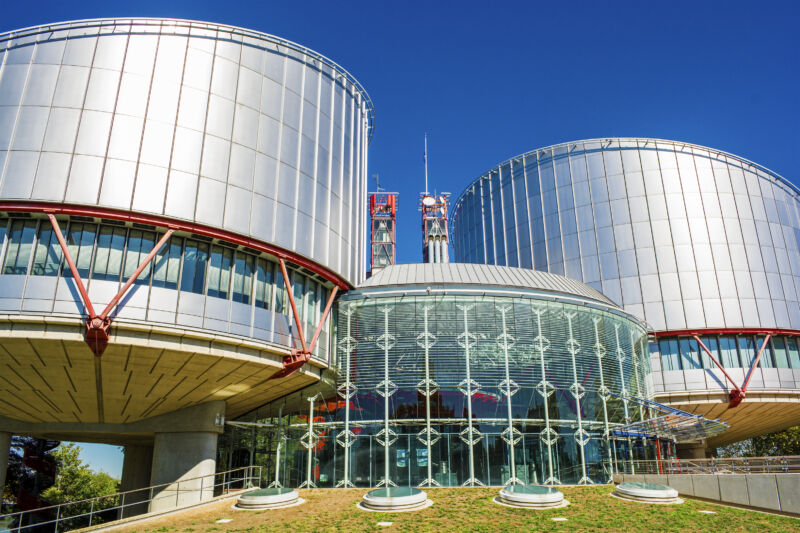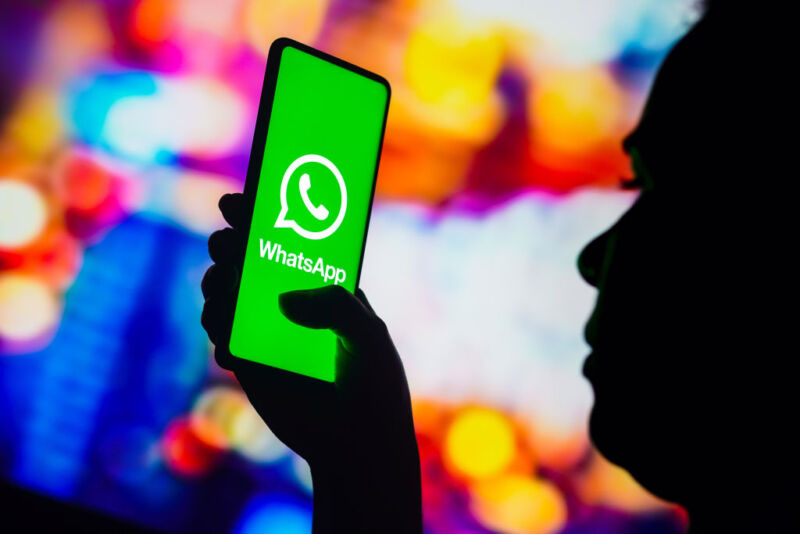-
 chevron_right
chevron_right
Backdoors that let cops decrypt messages violate human rights, EU court says
news.movim.eu / ArsTechnica · Wednesday, 14 February - 19:49

Enlarge / Building of the European Court of Human Rights in Strasbourg (France). (credit: SilvanBachmann | iStock / Getty Images Plus )
The European Court of Human Rights (ECHR) has ruled that weakening end-to-end encryption disproportionately risks undermining human rights. The international court's decision could potentially disrupt the European Commission's proposed plans to require email and messaging service providers to create backdoors that would allow law enforcement to easily decrypt users' messages.
This ruling came after Russia's intelligence agency, the Federal Security Service (FSS), began requiring Telegram to share users' encrypted messages to deter "terrorism-related activities" in 2017, ECHR's ruling said. A Russian Telegram user alleged that FSS's requirement violated his rights to a private life and private communications, as well as all Telegram users' rights.
The Telegram user was apparently disturbed, moving to block required disclosures after Telegram refused to comply with an FSS order to decrypt messages on six users suspected of terrorism. According to Telegram, "it was technically impossible to provide the authorities with encryption keys associated with specific users," and therefore, "any disclosure of encryption keys" would affect the "privacy of the correspondence of all Telegram users," the ECHR's ruling said.






